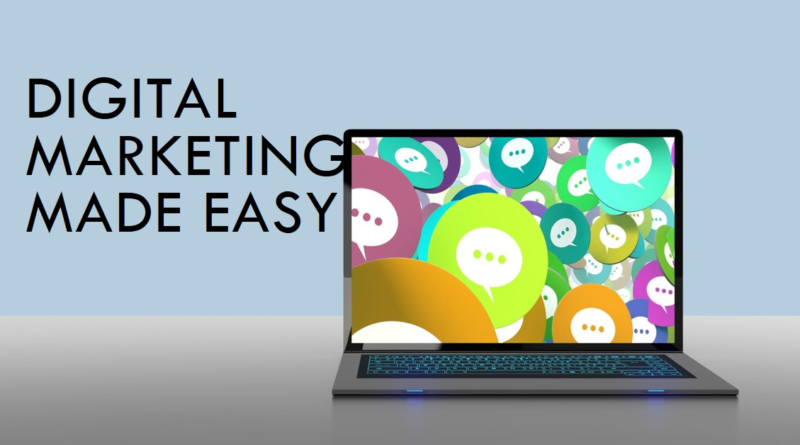AI in Digital Marketing Sector
Artificial intelligence (AI) is revolutionizing digital marketing by providing marketers with powerful tools and capabilities to enhance targeting, personalization, automation, and data analysis. Here are several ways AI is being utilized in digital marketing:
- Predictive Analytics: AI algorithms can analyze vast amounts of data to predict future trends, behaviors, and outcomes. In digital marketing, predictive analytics can help marketers anticipate customer needs, identify high-value segments, and optimize marketing campaigns for better performance.
- Audience Targeting and Segmentation: AI-powered tools can analyze customer data to segment audiences based on demographics, behaviors, interests, and preferences. This enables marketers to deliver more targeted and personalized marketing messages across various channels, leading to higher engagement and conversion rates.
- Content Creation and Curation: AI-driven content generation tools can create, curate, and optimize content at scale. Natural Language Processing (NLP) algorithms can generate written content, such as blog posts, product descriptions, and social media posts, that is relevant, engaging, and tailored to specific audience segments.
- Chatbots and Virtual Assistants: AI-powered chatbots and virtual assistants can interact with customers in real-time, providing personalized assistance, answering questions, and guiding them through the sales process. Chatbots can be integrated into websites, social media platforms, and messaging apps to deliver seamless and efficient customer service experiences.
- Email Marketing Optimization: AI algorithms can analyze customer data and behavior to optimize email marketing campaigns. AI-powered email platforms can personalize subject lines, content, send times, and frequency to maximize open rates, click-through rates, and conversions.
- Ad Targeting and Optimization: AI-driven advertising platforms use machine learning algorithms to analyze user data and behavior to optimize ad targeting, bidding strategies, and ad creative. AI can dynamically adjust ad placements, bids, and messaging to maximize ROI and reach the most relevant audience segments.
- Conversion Rate Optimization (CRO): AI tools can analyze website traffic, user behavior, and conversion data to identify opportunities for improving website performance and user experience. AI-driven CRO platforms can run A/B tests, personalize website content, and recommend design changes to increase conversion rates.
- Social Media Marketing: AI algorithms can analyze social media conversations, trends, and sentiment to inform content strategy, engagement tactics, and crisis management. AI-powered social media management tools can schedule posts, analyze performance metrics, and identify opportunities for audience engagement and growth.
- Search Engine Optimization (SEO): AI-driven SEO tools can analyze website data, search trends, and competitor performance to optimize website content, meta tags, and backlink profiles for better search engine rankings. AI algorithms can also predict algorithm updates and recommend strategies to adapt to changes in search engine algorithms.
Overall, AI is transforming digital marketing by enabling marketers to deliver more personalized, targeted, and efficient marketing experiences across various channels. As AI technology continues to advance, its role in digital marketing will likely become even more prominent, driving further innovation and advancements in the field.

